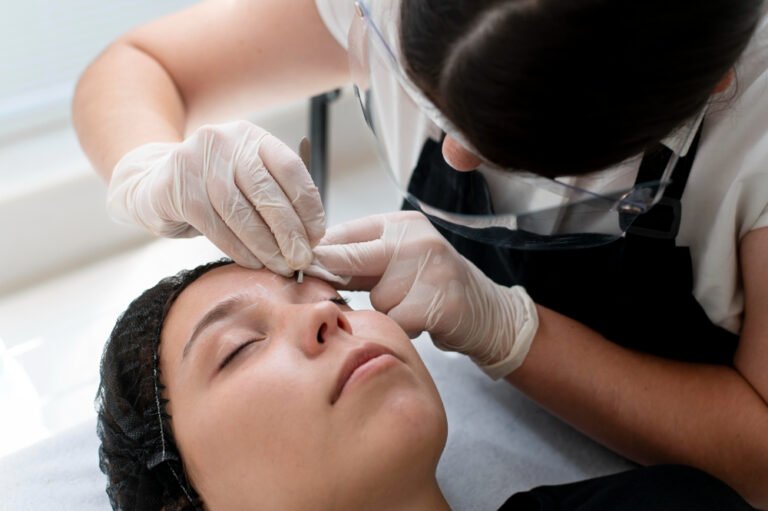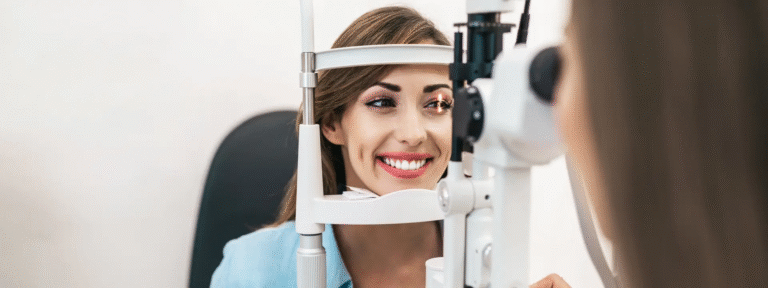Labiaplasty—a procedure to reduce or reshape the labia minora or majora—is a highly personal and delicate surgery. When performed correctly, it can offer both physical comfort and improved self-confidence. South Korea is known for its excellence in plastic and cosmetic surgery, attracting thousands of international patients each year, including those seeking intimate procedures like labiaplasty.
However, ensuring safety when undergoing labiaplasty abroad is essential. If you’re considering this procedure in Korea, here’s your comprehensive guide to staying safe every step of the way—from choosing the right clinic to post-operative care.
✅ 1. Choose a Board-Certified, Experienced Surgeon
Your safety starts with the person performing your surgery.
What to look for:
- Board certification by the Korean Society of Plastic and Reconstructive Surgeons or the Korean Society of Obstetrics and Gynecology.
- Proven experience in labiaplasty and other female genital aesthetic procedures.
- Availability of before-and-after photos and patient testimonials.
- Transparent consultation that includes discussion of risks, techniques, and outcomes.
Tip: Look for clinics with English-speaking staff and international patient departments that cater to medical tourists, such as G Clinic, ID Hospital, or Banobagi Women’s Clinic.
✅ 2. Ensure the Clinic is Licensed and Reputable
The surgical environment is just as important as the surgeon.
Safety checks:
- Is the clinic licensed by the Korean Ministry of Health and Welfare?
- Does the operating room meet international hygiene and sterilization standards?
- Are emergency protocols in place in case of complications (such as allergic reactions to anesthesia)?
Avoid clinics that operate out of unregulated office spaces or aggressively promote “quick fix” packages with minimal consultations.
✅ 3. Ask About Surgical Techniques and Anesthesia Options
Labiaplasty is not one-size-fits-all. Your surgeon should tailor the approach to your anatomy and goals.
Ask about:
- Technique used (e.g., trim, wedge, de-epithelialization)
- Type of anesthesia (local anesthesia with sedation is commonly used)
- Estimated duration of surgery and recovery
- Risk of complications like infection, over-resection, or asymmetry
A trustworthy surgeon will explain the pros and cons of each method and avoid pressuring you into a decision.
✅ 4. Don’t Skip the Preoperative Health Evaluation
Before surgery, your clinic should:
- Conduct a detailed health assessment, including allergies, previous surgeries, and medication use.
- Advise you to discontinue blood thinners, alcohol, and smoking 7–10 days prior.
- Offer pre-op instructions (e.g., no shaving or waxing 2–3 days before surgery).
Red flag: Clinics that rush into surgery without reviewing your health history or giving preparation guidelines.
✅ 5. Prioritize Hygiene and Personal Comfort
Because of the sensitivity of the surgical area, proper hygiene is key to preventing post-op infections.
Before surgery:
- Shower on the morning of surgery using a mild, fragrance-free soap.
- Wear clean, loose-fitting cotton underwear and avoid tight pants.
After surgery:
- Follow all post-op cleaning instructions from the clinic.
- Avoid using scented soaps, douches, or bath salts near the surgical area.
- Use only prescribed ointments and medications to prevent irritation or infection.
✅ 6. Plan a Proper Recovery Timeline
Don’t rush your return home or over-schedule activities during your stay in Korea.
General recovery timeline:
- Rest in your hotel or accommodation for the first 3–5 days.
- Avoid walking long distances, sightseeing, or public transportation right after surgery.
- Return for at least one follow-up visit before flying home (usually around Day 5–7).
- Sexual activity, strenuous workouts, and baths should be avoided for 4–6 weeks.
Bonus Tip: Choose a hotel near the clinic that offers a private, clean environment with access to simple meals and delivery services.
✅ 7. Know the Warning Signs of Complications
Your clinic should provide an emergency contact number and clear instructions on what to do in case of unexpected issues.
Contact your surgeon immediately if you notice:
- Persistent or heavy bleeding
- Yellow or green discharge with odor
- Intense pain that doesn’t respond to medication
- High fever (above 38°C/100.4°F)
- Swelling that increases instead of subsiding
✅ 8. Avoid Bargain Clinics and Too-Good-To-Be-True Packages
While Korea is known for affordable cosmetic surgery, quality and safety should never be compromised for a cheaper deal.
Avoid:
- Clinics that advertise surgery without in-depth consultations.
- “Combo” surgery packages that include labiaplasty along with unrelated procedures.
- Staff or surgeons who refuse to show credentials or rush the process.
✅ 9. Arrange Supportive Services in Advance
If you’re traveling alone:
- Ask the clinic if they offer airport transfers or a nurse escort.
- Choose accommodations with an elevator and comfortable bedding for recovery.
- Consider a medical concierge or recovery hotel that caters to post-op patients.
✅ 10. Stay in Touch With Your Clinic Post-Op
The best Korean clinics offer virtual follow-up care even after you’ve returned home.
Ask about:
- Photo-based updates (send healing progress images to your doctor)
- WhatsApp, KakaoTalk, or email consultations
- Long-term outcome tracking
Peace of mind matters. Don’t choose a clinic that “disappears” once you leave the country.
Final Thoughts
Getting labiaplasty in Korea can be a safe and empowering experience when you take the right precautions. By choosing a qualified surgeon, confirming clinic credentials, following pre- and post-op guidelines, and staying alert to warning signs, you can minimize risks and enjoy optimal results.




